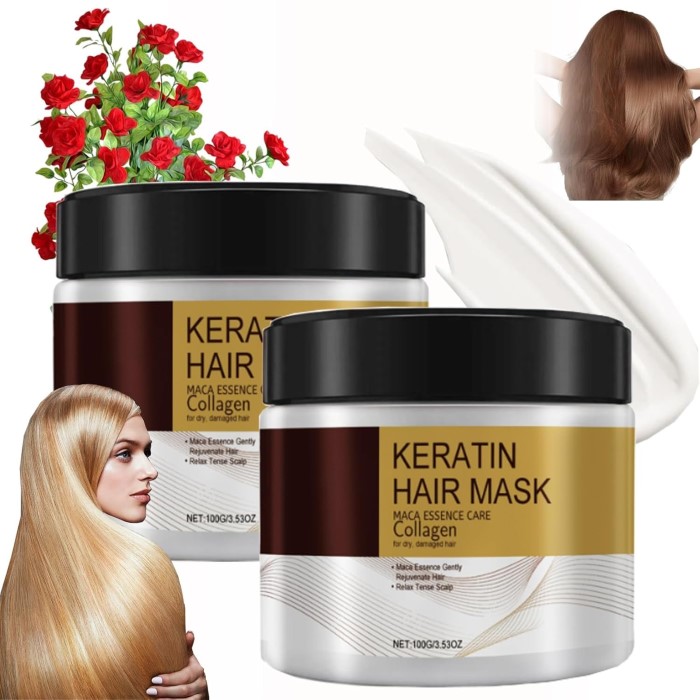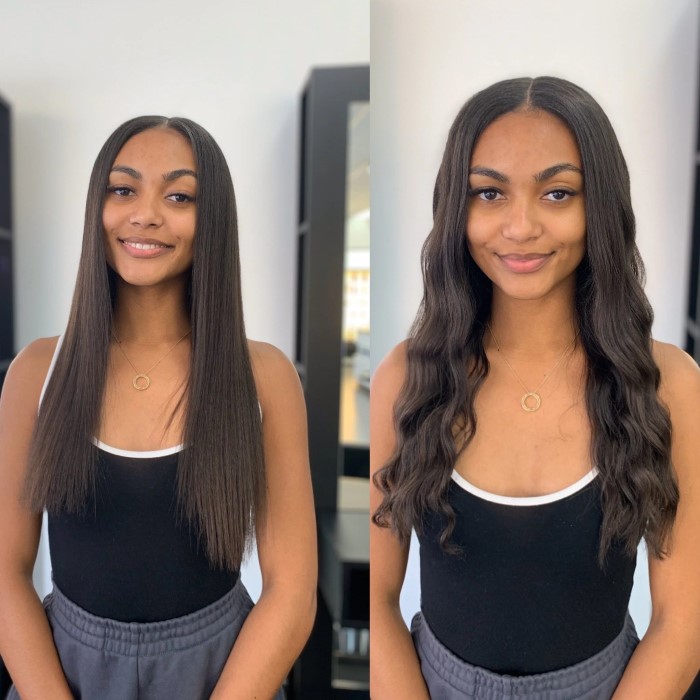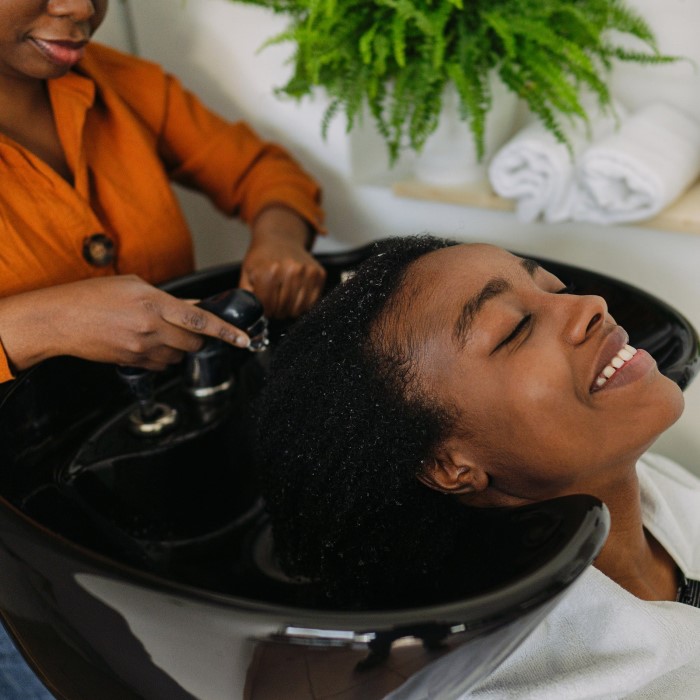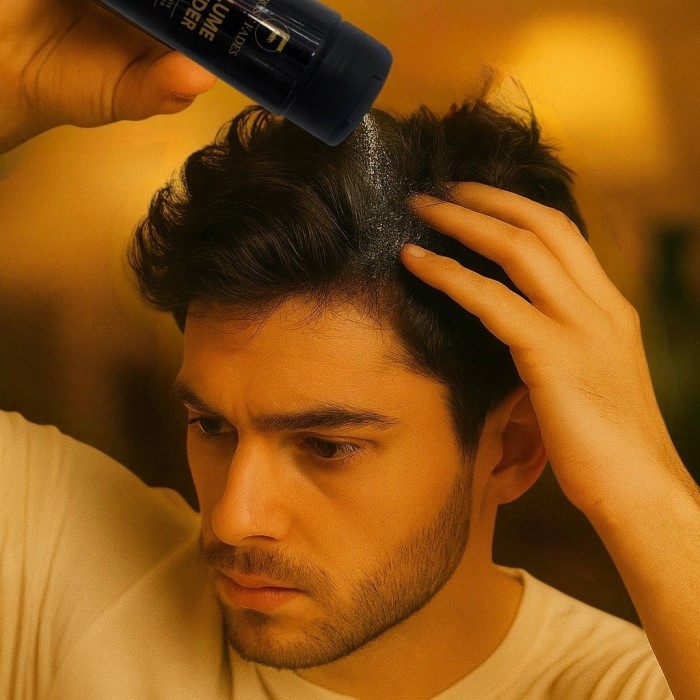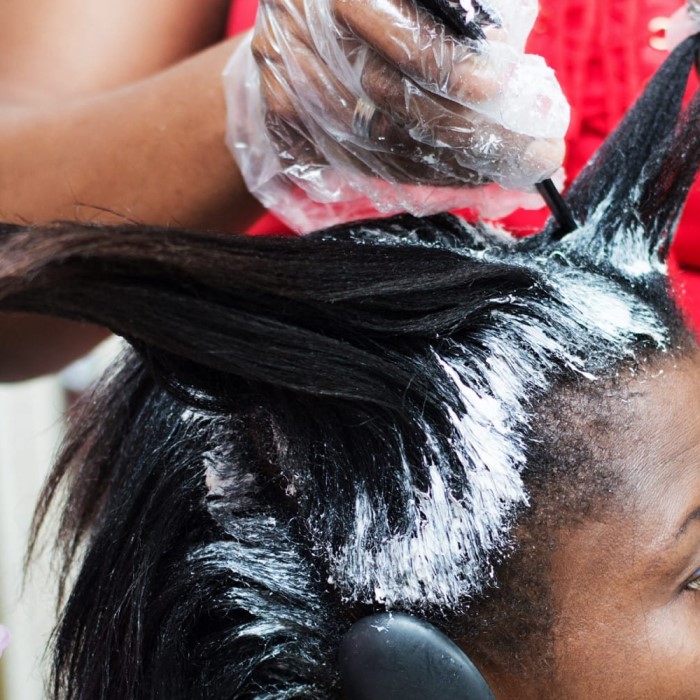
Which Hair Relaxers Cause Cancer? A Comprehensive Guide
Introduction: The Concern Over Hair Relaxers
As the beauty industry evolves, hair care products constantly change to meet consumer needs. However, one concerning topic is gaining attention: which hair relaxers cause cancer? Hair relaxers are popular among those who seek smooth and manageable hair, but many people are becoming increasingly aware of the potential health risks associated with these products. While some hair relaxers may contain harmful chemicals, understanding the risks can empower consumers to make informed choices about their hair care routines.
In this article, we will examine the ingredients found in common hair relaxers, their potential links to cancer, and safer alternatives. We will delve into research findings, expert opinions, and regulatory guidelines that inform the conversation surrounding hair relaxer safety. By gaining insight into which hair relaxers cause cancer, individuals can prioritize their health while still achieving the desired hair texture.
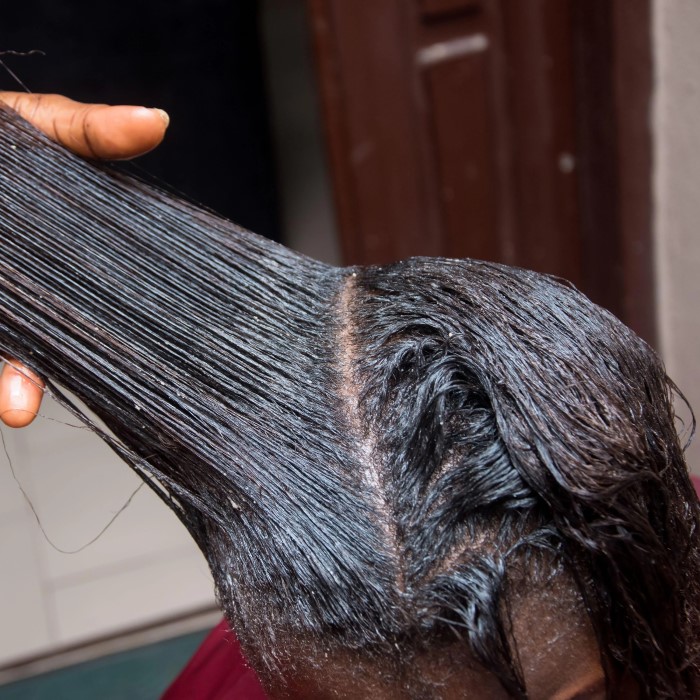
Understanding Hair Relaxers: What Are They?
Definition and Purpose
Hair relaxers are chemical products designed to alter the structure of curly or wavy hair, making it straighter and more manageable. These products typically contain strong chemicals such as sodium hydroxide, calcium hydroxide, or guanidine hydroxide. While they serve the purpose of providing smooth hair, these potent ingredients raise concerns regarding their safety and potential health risks.
Types of Hair Relaxers
There are several types of hair relaxers, each with different active ingredients:
- Lye Relaxers: These contain sodium hydroxide and work quickly. They can be effective in reducing curl but may cause scalp irritation if not applied carefully.
- No-Lye Relaxers: These typically use calcium hydroxide or guanidine hydroxide and are considered gentler on the scalp. However, they may still have risks associated with prolonged use.
- Mild Relaxers: These are formulated for sensitive scalps and may contain milder active ingredients. While they can reduce curl, results may vary compared to stronger formulas.
Application Process
When applied, hair relaxers open the hair cuticle to enable the chemicals to penetrate and alter the hair’s structure. This process can lead to damage if not done correctly or if proper care isn’t taken afterward.
The Chemicals in Hair Relaxers: Potential Risks
Common Ingredients and Their Effects
Many hair relaxers contain harsh chemicals, which raise valid safety concerns. Understanding these ingredients can help consumers make informed decisions.
Sodium Hydroxide
- What is Sodium Hydroxide?: Sodium hydroxide, also known as lye, is a potent alkaline compound commonly used in hair relaxers. It functions as a powerful active ingredient that breaks down the protein structure of curly hair, allowing it to be straightened.
- Risks of Scalp Burns: If mishandled, sodium hydroxide can cause severe burns to the scalp and surrounding skin. This risk arises when the product is left on the hair for too long or when it comes into direct contact with sensitive areas not properly protected during application.
- Health Concerns: Prolonged exposure to sodium hydroxide is not only hazardous to the scalp but has also been linked to various health issues. Research suggests that frequent use of sodium hydroxide-based products may contribute to an increased risk of skin irritation or damage. Severe reactions can lead to long-term scarring, making careful application crucial.
- Importance of Patch Testing: Before using hair relaxers containing sodium hydroxide, it is advisable to perform a patch test. This step helps identify any allergic reactions or sensitivities to the chemical, enabling users to safeguard their health before full application.
Calcium Hydroxide and Guanidine Hydroxide
- Understanding These Compounds: Calcium hydroxide and guanidine hydroxide are ingredients typically found in no-lye hair relaxers. They offer an alternative to sodium hydroxide, providing similar straightening effects without the harshness associated with lye-based relaxers.
- Less Irritation but Still Risky: While these compounds are generally less irritating to the scalp compared to sodium hydroxide, they can still cause damage to the hair if not applied correctly. Overuse or improper application may lead to dryness, breakage, or chemical damage.
- Proper Application is Key: Users must follow the manufacturer’s instructions carefully when using products containing calcium hydroxide or guanidine hydroxide. Incorrect application or leaving the product on too long can compromise hair health, even if the initial irritation is minimal.
- Gentleness on Sensitive Skin: Although considered gentler, individuals with particularly sensitive skin should still take precautions when using these products. It’s recommended to begin with a small amount or opt for formulations specifically designed for sensitive scalps.
Fragrances
- Common Additives in Hair Relaxers: Synthetic fragrances are frequently added to hair relaxers to mask chemical odors and provide a pleasant scent. However, these fragrances may contain various chemicals that can lead to adverse reactions.
- Potential Allergic Reactions: Many individuals may experience allergic reactions or skin sensitivities to synthetic fragrances. Symptoms such as itching, redness, or rash can occur, particularly in those with pre-existing skin conditions or sensitivities.
- Health Risks Associated with Fragrances: Some synthetic fragrances contain harmful additives that can disrupt hormonal balance or lead to long-term skin issues. This potential impact emphasizes the importance of being aware of what is in the products used on one’s body.
- Staying Informed About Ingredients: Consumers should remain vigilant about the ingredients in their hair relaxers. Researching and opting for products that specify “fragrance-free” or “naturally scented” can help avoid unwanted reactions and safeguard health.
- Considering Natural Alternatives: Where possible, consider selecting hair care products that use natural or organic ingredients. These alternatives often contain fewer harmful chemicals and are less likely to cause allergic reactions or sensitivities.
Emerging Research on Cancer Links
Recent studies have begun to investigate the long-term effects of hair relaxers on health. Some findings suggest a potential link between frequent use of certain hair relaxers and an increased risk of cancer, particularly uterine cancer.
- Research Studies: A notable study published in 2021 found that products containing certain chemical ingredients could raise the risk of hormone-related cancers. Nevertheless, more research is needed to draw definitive conclusions.
- Health Agency Warnings: Health authorities, including the U.S. National Toxicology Program, are examining the effects of hair relaxers on health, particularly for individuals who use them frequently.
Which Hair Relaxers Cause Cancer?
Identifying Risky Products
Which hair relaxers cause cancer? To stay informed about which hair relaxers may pose cancer risks, it’s essential to recognize specific brands and formulations linked to health concerns.
- Popular Brands Under Scrutiny: Some well-known hair relaxer brands have faced criticism for using harsh chemicals that have been implicated in health risks. Popularity does not always equate safety, and consumers should research the ingredients thoroughly.
- Ingredient Labels: Always read ingredient labels before purchasing hair relaxers. Avoid products with sodium hydroxide, formaldehyde, and certain fragrances, as these chemicals are more likely to raise health concerns.
- Following Regulatory Updates: Keep an eye on updates from regulatory bodies regarding safety warnings or recalls related to specific hair relaxers. Being proactive about monitoring health news is crucial.
The Importance of Making Informed Choices
Understanding potential risks associated with hair relaxers empowers consumers to choose safer alternatives. Balancing hair care needs with health considerations is paramount, especially for individuals who frequently use these products.
Safe Alternatives to Hair Relaxers
Exploring Healthier Options
As concerns over hair relaxers continue, many individuals are turning toward safer alternatives. Here are some healthier options to consider:
- Keratin Treatments: Some keratin-based products smooth hair without compromising its health. Keratin can help reduce frizz while being less damaging than traditional relaxers.
- Natural Oils: Utilizing oils such as argan, coconut, or jojoba can nourish and moisturize hair, resulting in smoother textures while maintaining health without harsh chemicals.
- Heat Styling: Instead of chemical treatments, consider heat styling tools that can straighten hair temporarily. Always use heat protectants to minimize damage from styling.
- Hair Masks and Conditioners: Regular use of deep conditioning treatments and hair masks can also help improve hair texture and manageability without invasive processes.
Consulting Professionals
Before making a significant change to hair care routines, seeking advice from professional stylists can help individuals find suitable products tailored to their hair type and goals. Professionals can recommend safer alternatives and effective techniques for achieving smooth hair.
FAQs
What is the safest hair relaxer to use?
The safest hair relaxer often contains fewer aggressive chemicals or is based on natural ingredients. Keratin treatments or products labeled as “natural” or “non-toxic” may be safer options, but always check ingredient lists for safety.
What are the chances of getting cancer from hair treatment?
The chances vary depending on individual usage, the products used, and genetic factors. Regular exposure to certain harmful chemicals in hair treatments can increase cancer risks, particularly with frequent use of relaxers.
What is the #1 cause of cancer?
While cancer’s causes are multifactorial, common contributors include genetic factors, smoking, excessive sun exposure, poor diet, and exposure to toxic chemicals, including some found in hair products.
What to use instead of a relaxer?
Instead of relaxers, consider natural hair treatments, heat styling tools, or chemical-free products that help control frizz and improve hair texture without compromising health.
Conclusion: Staying Safe with Hair Care Choices
In conclusion, understanding which hair relaxers cause cancer is essential for anyone who enjoys experimenting with hair care products. With growing awareness of the potential health risks associated with certain hair relaxers, consumers are encouraged to stay informed and make wise choices regarding hair treatments.
By exploring safer alternatives, reading ingredient labels, and consulting professionals, individuals can maintain beautiful hair while prioritizing their health. Adopting a more cautious approach while enjoying hair styling practices can lead to safer and healthier experiences in the long run. Protecting oneself while celebrating the joy of hairstyling is not only possible but vital in today’s beauty landscape.
